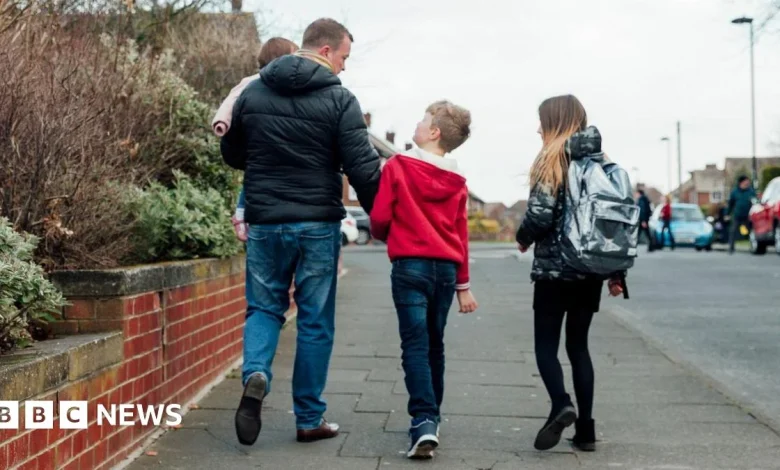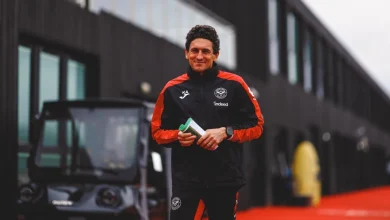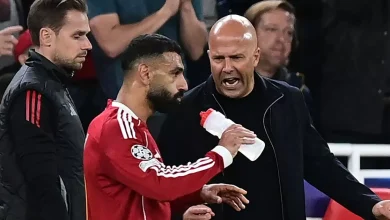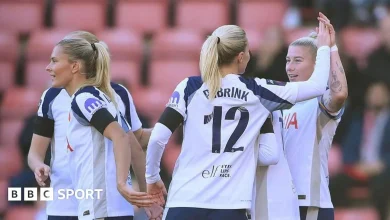Two-child benefit cap to be scrapped from next year

The cap does not affect child benefit, which is paid to families where the highest-earning parent earns less than £80,000.
Defending the cap, Conservative leader Kemi Badenoch said it “strikes the right balance between supporting people who are struggling and protecting taxpayers who are struggling themselves”.
She accused the government of losing control of welfare spending, adding: “They are hiking taxes on workers, pensioners and savers to pay for handouts to keep their backbenchers quiet.”
Reeves has been under growing pressure to remove the cap, with Labour MPs and charities arguing this is the most cost-effective way to reduce child poverty.
The government estimates the measure will mean 450,000 fewer children are in poverty by 2029-30.
The announcement, which has been welcomed by child poverty campaigners, was met with cheers from Labour MPs in the House of Commons.
Reeves said the cap “pushes kids into poverty more than any other” and had “made almost no difference to the size of families”.
“[The Conservatives] said they were punishing parents’ choices – but it’s kids who have paid the price for the policies of a party which opted for cynical gimmicks over real savings in the welfare system,” she told MPs.
The chancellor said she was able to remove the cap – a move she said was “fully funded” – because she was tacking fraud and error in the welfare system, as well as cracking down on tax avoidance and reforming gambling taxes.
“Combined with other actions we are taking this Labour government is achieving the biggest reduction in child poverty over a Parliament since records began,” she added.
Alison Garnham, chief executive of Child Poverty Action Group, said the move would be “transformational for children”.
“This is a much-needed fresh start in our country’s efforts to eradicate child poverty and while there is more to do it gives us strong foundations to build on,” she said.
Labour MPs also praised the announcement.
In a joint statement, Helen Hayes and Debbie Abrahams, who chair the Commons Education and Work and Pensions committees, said removing the cap would have “a direct and positive impact” on children’s wellbeing.
However, they added that the government’s upcoming child poverty strategy “needs to go much further”.
Polling suggests the public are more likely to support the cap than oppose it, with one survey by YouGov earlier this month finding 57% were in favour of keeping the policy, external.
The Scottish government had already announced plans to mitigate the cap by offering payments to affected families from March.
Scotland’s First Minister John Swinney said the UK government’s move would free up resources to spend on other measures to tackle child poverty.





